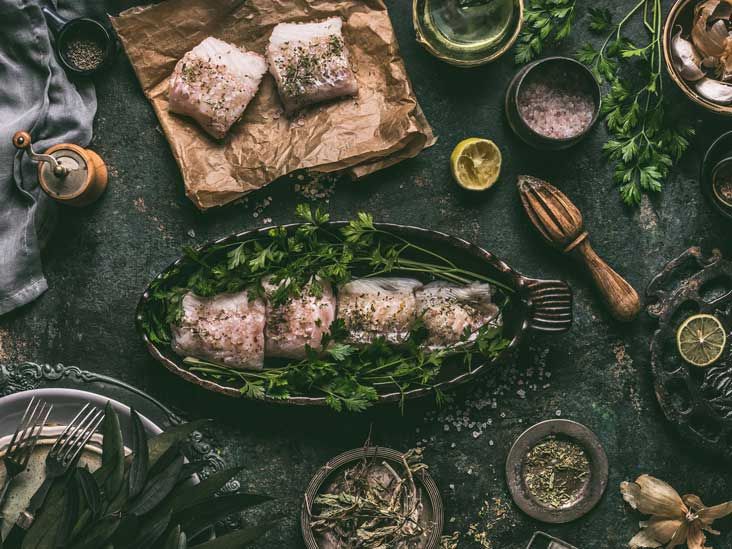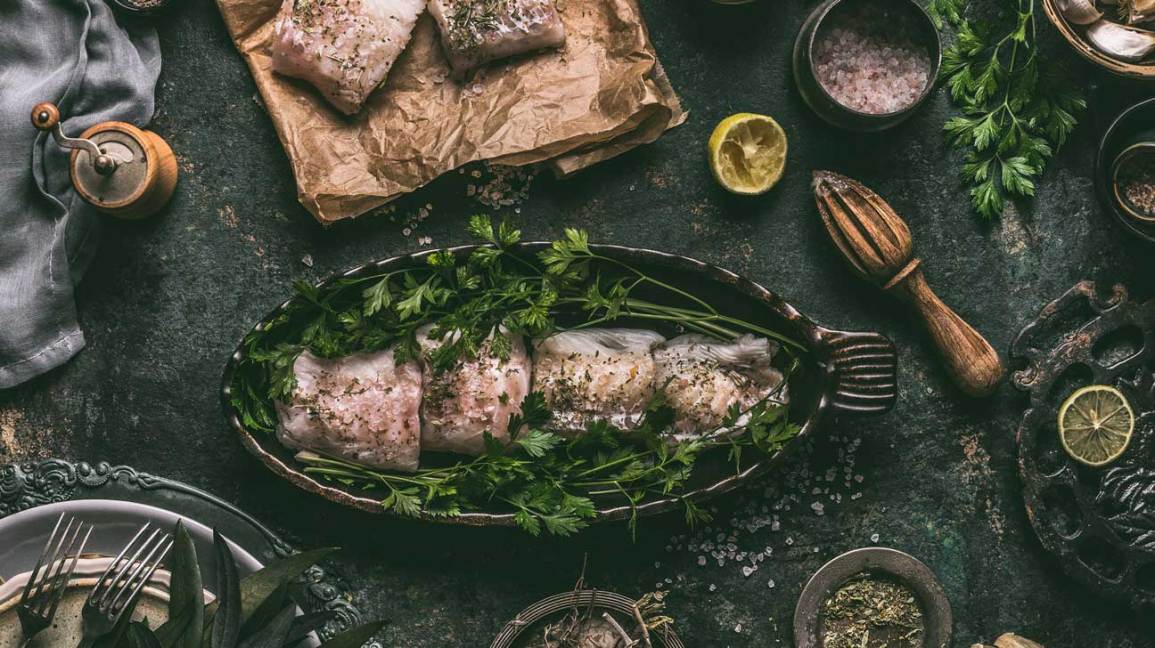2-Sentence Answer: A 1500-calorie diet for weight loss involves consuming meals and snacks that add up to 1500 calories per day, which can help promote gradual and sustainable weight loss. Following a structured meal plan can be beneficial for individuals looking to lose weight.
One such plan is the 1500-calorie diet, which involves consuming meals and snacks that add up to 1500 calories daily. When paired with a balanced and nutritious food list, this calorie restriction can help promote gradual and sustainable weight loss.
We will explore the details of a 1500-calorie diet, provide a food list, and offer a sample meal plan to aid those embarking on this weight loss journey.

Food List For A 1500-calorie Diet
Embarking on a 1500-calorie diet for weight loss requires careful planning and choosing the right foods to keep you fueled and satisfied throughout the day. This article will outline a food list for a 1500-calorie diet, highlighting different food categories to help you create a balanced and nutritious meal plan.
Proteins
Eating adequate protein is essential for maintaining muscle mass and promoting satiety. Including lean protein sources in your 1500-calorie diet can help you feel full and satisfied while supporting your weight-loss goals. Here are some examples of protein-rich foods:
- Skinless chicken breast
- Turkey breast
- Lean beef
- Fish, such as salmon, trout, or tilapia
- Eggs
- Low-fat dairy products, like Greek yogurt or cottage cheese
- Plant-based proteins, including tofu, tempeh, and legumes
Fruits And Vegetables
Incorporating a variety of fruits and vegetables into your 1500-calorie diet is vital for obtaining essential vitamins, minerals, and fiber. These nutrient-packed foods contribute to overall health and add flavor and color to your meals. Consider including the following fruits and vegetables:
- Apples
- Oranges
- Berries, such as strawberries, blueberries, or raspberries
- Leafy greens like spinach, kale, or lettuce
- Broccoli
- Carrots
- Bell peppers
Whole Grains
Choosing whole grains over refined grains provides more fiber, which aids in digestion and helps you feel fuller for longer. When following a 1500-calorie diet, opt for the following whole-grain options:
- Brown rice
- Quinoa
- Whole-wheat bread and pasta
- Oats
- Barley
- Bulgur
Healthy Fats
While it’s essential to include healthy fats in a 1500-calorie diet, moderation is critical due to their high calorie content. Here are some sources of healthy fats to consider:
- Avocado
- Extra virgin olive oil
- Nuts and seeds, such as almonds, walnuts, chia seeds, or flaxseeds
Beverages
Staying hydrated is crucial for overall health and weight management. Opt for calorie-free or low-calorie beverages to remain within your 1500-calorie limit.
- Water
- Herbal tea
- Black coffee (without added sugar or cream)
- Sparkling water

Sample 1500-calorie Meal Plan
This sample 1500-calorie meal plan offers a comprehensive diet for weight loss. A curated food list and a balanced meal plan provide a structured approach to achieving your weight loss goals.
If you’re looking to lose weight and maintain a healthy lifestyle, following a 1500-calorie meal plan can be an effective strategy. You can create a satisfying meal plan that supports your weight-loss goals by carefully choosing nutrient-dense foods and controlling portion sizes. This article provides a sample 1500-calorie meal plan with specific ideas for breakfast, lunch, snacks, and dinner.
Breakfast
Starting your day with a balanced and nutritious meal is crucial for maintaining energy levels and boosting metabolism. Here’s an example of a satisfying 1500-calorie breakfast:
- Two boiled eggs
- One slice of whole-grain toast
- One tablespoon of almond butter
- ½ cup of mixed berries
- 1 cup of unsweetened almond milk
This breakfast combination provides protein from the eggs, healthy fats from the almond butter, fiber from the whole-grain toast, and antioxidants from the mixed berries. Enjoy this delicious and nutritious breakfast to fuel your day ahead!
Lunch
A well-balanced lunch can help you stay energized and focused throughout the afternoon. Consider the following 1500-calorie lunch idea:
- 3 ounces of grilled chicken breast
- 1 cup of mixed vegetables (broccoli, carrots, and bell peppers)
- ½ cup of brown rice
- One tablespoon of olive oil
This lunch provides lean protein from the grilled chicken, various vitamins and minerals from the mixed vegetables, healthy carbohydrates from the brown rice, and heart-healthy fats from the olive oil. Get creative with herbs and spices to add flavor without piling on unnecessary calories.
Snacks
Snacking can keep hunger at bay, prevent overeating during meals, and allow you to incorporate additional nutrients into your plan. Here are a couple of ideas for 1500-calorie snacks:
- One small apple with one tablespoon of peanut butter.
- Ten baby carrots with two tablespoons of hummus.
- One ounce of mixed nuts (almonds, walnuts, and cashews).
These snacks offer a combination of fiber, protein, and healthy fats to satisfy your hunger and provide sustained energy throughout the day.
Dinner
The day’s last meal should be nutritious, satisfying, and flavorsome. Here’s a delicious 1500-calorie dinner idea:
| Meal | Serving Size | Calories |
|---|---|---|
| Grilled salmon with lemon-dill sauce | 4 ounces | 240 |
| Roasted sweet potatoes | One medium | 130 |
| Sautéed spinach with garlic | 1 cup | 50 |
| Quinoa | ½ cup | 110 |
This dinner is packed with omega-3 fatty acids from the salmon, fiber from the roasted sweet potatoes, essential vitamins and minerals from the spinach, and additional protein and fiber from the quinoa. Savor this wholesome and satisfying meal, knowing you’re nourishing your body and staying within your 1500-calorie goal.
Remember, this is just a sample meal plan. Feel free to personalize it according to your preferences and dietary needs while ensuring you stay within your calorie target. With dedication and a balanced approach, a 1500-calorie meal plan can be your secret weapon for achieving weight loss success.
:max_bytes(150000):strip_icc()/7-day-diet-meal-plan-1500-calories-lede-47e8de347b1e4c23ae0af72055c068d8.jpg)
Frequently Asked Questions On 1500-calorie Diet For Weight Loss, Food List, & Meal Plan.
Faq 1: How Does A 1500-calorie Diet Contribute To Weight Loss?
A 1500-calorie diet creates a calorie deficit, leading to weight loss. Reducing calorie intake restricts the energy available to the body, making it burn stored fat for fuel. This diet, when balanced with essential nutrients, promotes sustainable weight loss.
Faq 2: What Foods Are Included In A 1500-calorie Diet For Weight Loss?
A 1500-calorie diet for weight loss includes a variety of nutrient-dense foods such as fruits, vegetables, lean proteins, whole grains, and low-fat dairy products. It should be well-balanced and meet your nutritional needs while maintaining the calorie limit.
Faq 3: Is A 1500-calorie Diet Suitable For Everyone?
A 1500-calorie diet is not suitable for everyone. It is generally recommended for moderately active individuals who want to lose weight. It’s essential to consult with a healthcare professional before starting any diet to ensure it aligns with your specific needs and goals.
Faq 4: Can A 1500-calorie Diet Lead To Nutrient Deficiencies?
A well-planned 1500-calorie diet can provide adequate nutrition. However, it’s essential to ensure you consume a wide range of nutrient-dense foods to meet your body’s nutrient needs. Including various fruits, vegetables, lean proteins, whole grains, and healthy fats can help prevent nutrient deficiencies.
Conclusion
To wrap up, this comprehensive guide to a 1500-calorie diet for weight loss provides you with a well-structured meal plan and a list of nutritious foods to include. Following this plan can easily create a calorie deficit and achieve your weight loss goals.
Remember to consult a healthcare professional before starting any new diet. You can embark on a healthy weight loss journey with dedication and consistency.

